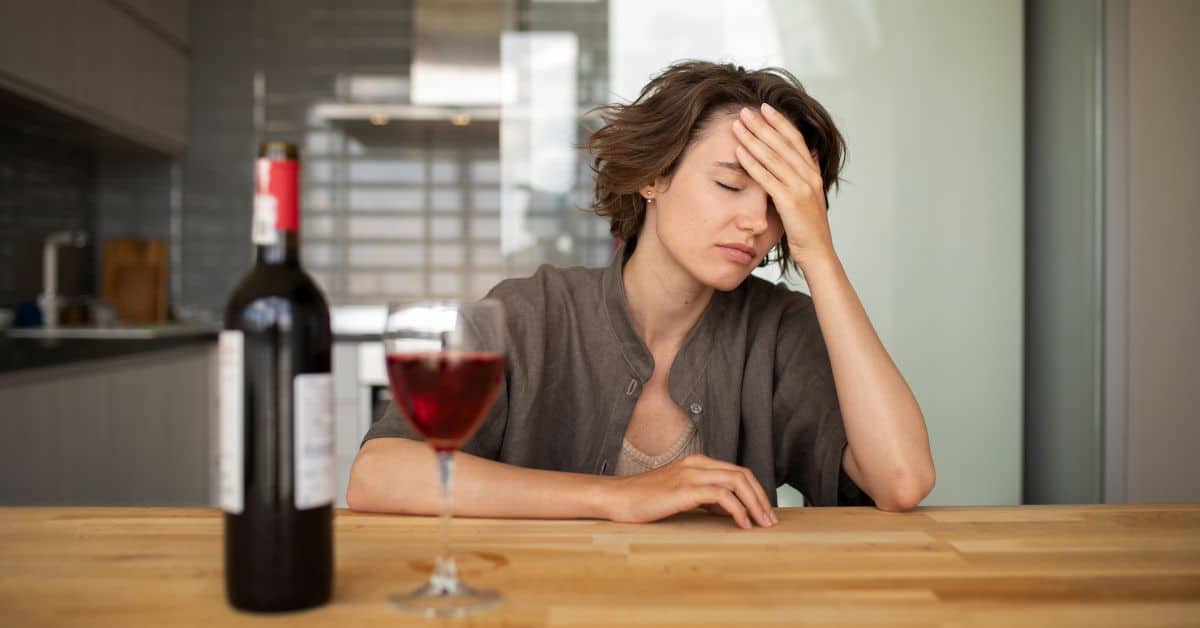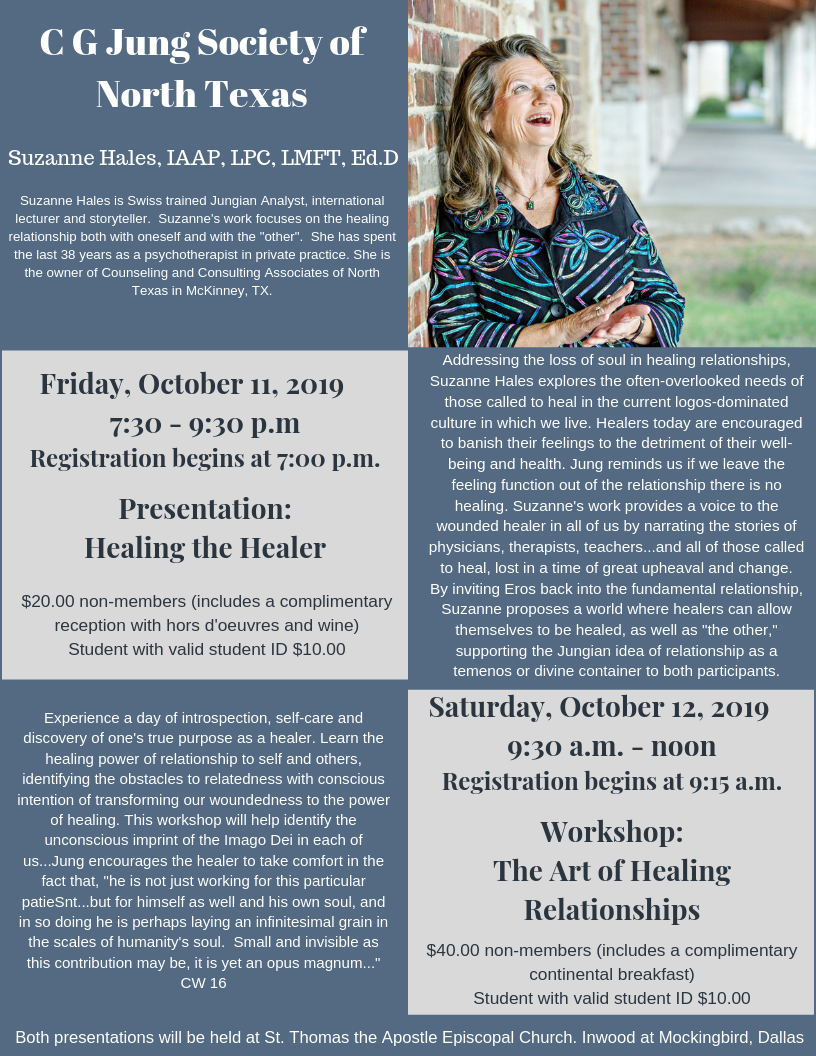Alcohol is often consumed for relaxation, socializing, or to unwind, but it can have unintended consequences on mental health. Many people have experienced anxiety after drinking, but can alcohol cause anxiety for days? Understanding the link between alcohol consumption and prolonged anxiety is crucial for anyone looking to maintain their mental well-being. This article will explore the effects of alcohol on anxiety, how long it can last, and what steps you can take to manage it.
What is Alcohol-Induced Anxiety?
Alcohol can be a depressant, affecting your mood and emotions. For some, drinking can lead to increased feelings of anxiety, which can last for hours or even days after the alcohol has left the system. This phenomenon is often referred to as alcohol-induced anxiety.
Understanding the Mechanism Behind Anxiety After Drinking Alcohol
-
How Alcohol Affects the Brain: Alcohol impacts the central nervous system, altering brain chemicals like serotonin and GABA. This disruption can cause emotional fluctuations, leading to anxiety after drinking.
-
Impact on the Sympathetic Nervous System: Alcohol also affects the autonomic nervous system, triggering the “fight or flight” response, which can cause heightened anxiety symptoms in some individuals.
How Long Can Alcohol-Induced Anxiety Last?
-
Temporary Effects: In many cases, anxiety will subside within a few hours after the alcohol has been metabolized by the body.
-
Prolonged Anxiety: For some individuals, however, the anxiety can linger for days, especially if drinking becomes a frequent habit. Chronic alcohol consumption can increase the severity and duration of anxiety symptoms.
Factors That Influence How Long Alcohol-Induced Anxiety Lasts
-
Frequency of Alcohol Consumption: Regular heavy drinking can lead to more persistent anxiety symptoms, even when not actively drinking.
-
Amount of Alcohol Consumed: The more alcohol consumed, the more likely it is that anxiety will last longer.
-
Pre-existing Mental Health Conditions: Individuals with underlying anxiety or mood disorders may experience heightened anxiety after drinking, and this could last for a longer period.
How to Manage Anxiety Caused by Alcohol
-
Hydration and Nutrition: Drinking plenty of water and eating a balanced meal can help to alleviate some of the physical effects of alcohol and reduce anxiety symptoms.
-
Rest and Relaxation: Ensuring proper rest and engaging in relaxation techniques, like deep breathing or meditation, can also aid in managing alcohol-induced anxiety.
-
Seeking Professional Help: If alcohol-related anxiety becomes a recurring issue, it is important to speak with a healthcare provider about treatment options.
The Connection Between Alcohol and Anxiety
Alcohol consumption can have a complex relationship with anxiety. While it may initially provide a feeling of euphoria or relaxation, it ultimately affects the brain’s chemistry. Alcohol acts as a central nervous system depressant, and as it leaves the body, it can lead to feelings of anxiety, nervousness, and unease. This happens because the brain’s natural balance of neurotransmitters is disturbed, which leads to heightened anxiety responses.
Can Alcohol Cause Anxiety for Days?
For some individuals, alcohol-induced anxiety can last for more than just a few hours. The impact of alcohol on the central nervous system can cause imbalances that persist long after the alcohol has left the system. Symptoms of prolonged anxiety can include irritability, restlessness, heart palpitations, and an overall sense of dread or unease.
How Long Does Alcohol-Induced Anxiety Last?
The duration of alcohol-induced anxiety varies from person to person. For some, it may only last until the alcohol is metabolized, while for others, it can last for several days. Factors such as the amount of alcohol consumed, how often alcohol is consumed, and individual susceptibility all play a role in determining how long anxiety lasts.
Tips to Alleviate Anxiety After Drinking
-
Hydration: Alcohol is a diuretic, meaning it dehydrates the body. Rehydrating is important in recovering from both the physical and emotional effects of alcohol. Drink plenty of water throughout the day.
-
Eating Healthy: A nutritious meal can replenish essential vitamins and minerals, especially those that alcohol may deplete, such as B vitamins and magnesium.
-
Sleep: Alcohol can disrupt your sleep cycle, leaving you feeling tired and anxious the next day. Rest and relaxation are essential in helping your body recover.
How to Prevent Anxiety After Drinking Alcohol
The best way to avoid alcohol-induced anxiety is to moderate your alcohol intake. Practicing moderation can prevent excessive consumption and reduce the likelihood of experiencing anxiety afterward.
-
Know Your Limits: Pay attention to how alcohol affects your body and mental state, and set limits based on your personal tolerance.
-
Drink Water Between Alcoholic Beverages: This helps to reduce dehydration and minimizes the severity of a hangover.
-
Seek Therapy for Underlying Issues: If you suffer from anxiety, depression, or other mental health issues, therapy can help address these concerns and reduce the need to self-medicate with alcohol.
FAQ’s
1. How long does alcohol-induced anxiety last?
Alcohol-induced anxiety can last anywhere from a few hours to several days, depending on factors like the amount consumed, frequency of drinking, and individual health conditions.
2. Can alcohol cause panic attacks?
Yes, alcohol can increase the likelihood of panic attacks, especially in individuals who are predisposed to anxiety disorders.
3. How can I prevent anxiety after drinking?
To prevent anxiety, drink in moderation, stay hydrated, eat a nutritious meal, and rest after consuming alcohol.
4. Can anxiety from alcohol be treated?
Yes, anxiety from alcohol can be managed through relaxation techniques, therapy, and medication if necessary.
5. Should I stop drinking if alcohol causes anxiety?
If alcohol is a frequent trigger for anxiety, it may be helpful to reduce or eliminate your alcohol consumption and seek professional advice.
6. Can alcohol affect mental health long-term?
Yes, long-term alcohol consumption can exacerbate mental health issues like anxiety and depression, leading to more persistent symptoms.
Conclusion
Alcohol can indeed cause anxiety for days, particularly if consumed in excess. While some individuals may only experience anxiety for a few hours, others may face prolonged symptoms that last for days. The best way to prevent alcohol-induced anxiety is to understand your limits, hydrate properly, and seek help when necessary. If anxiety becomes a recurring issue after drinking, consulting with a healthcare professional is crucial to better manage your mental health.



